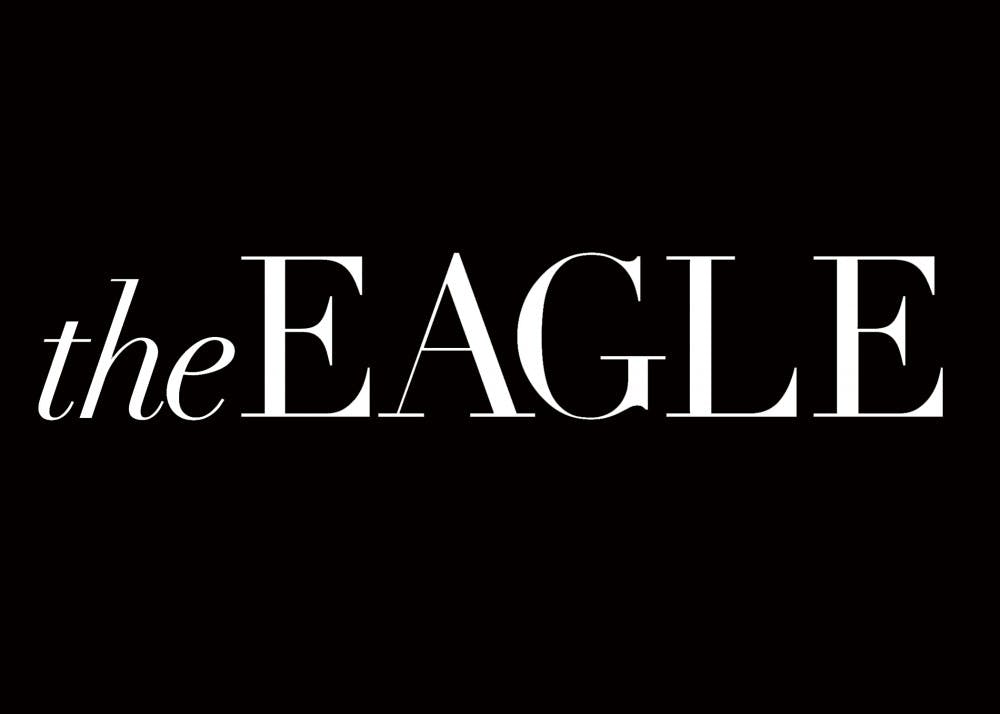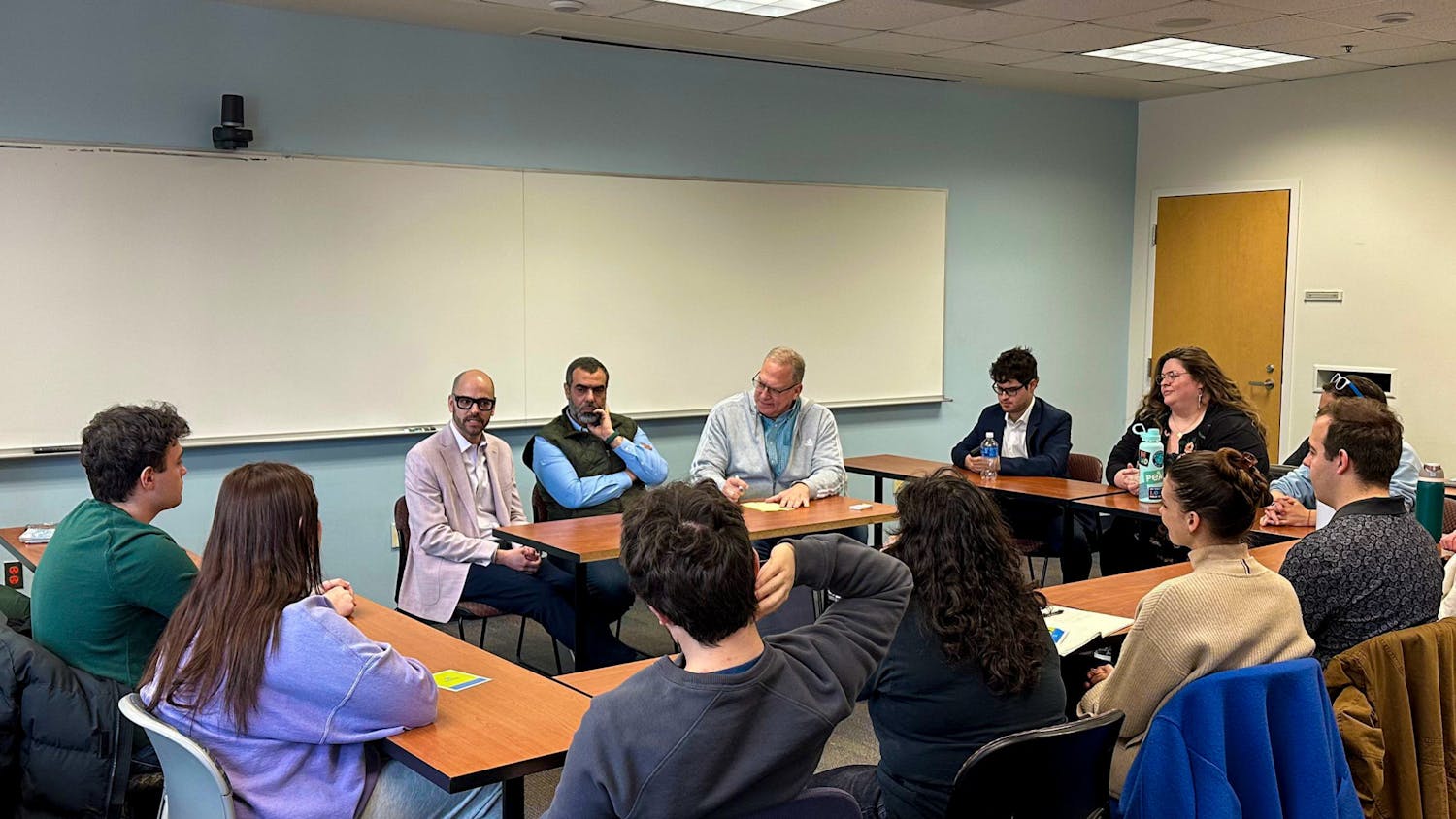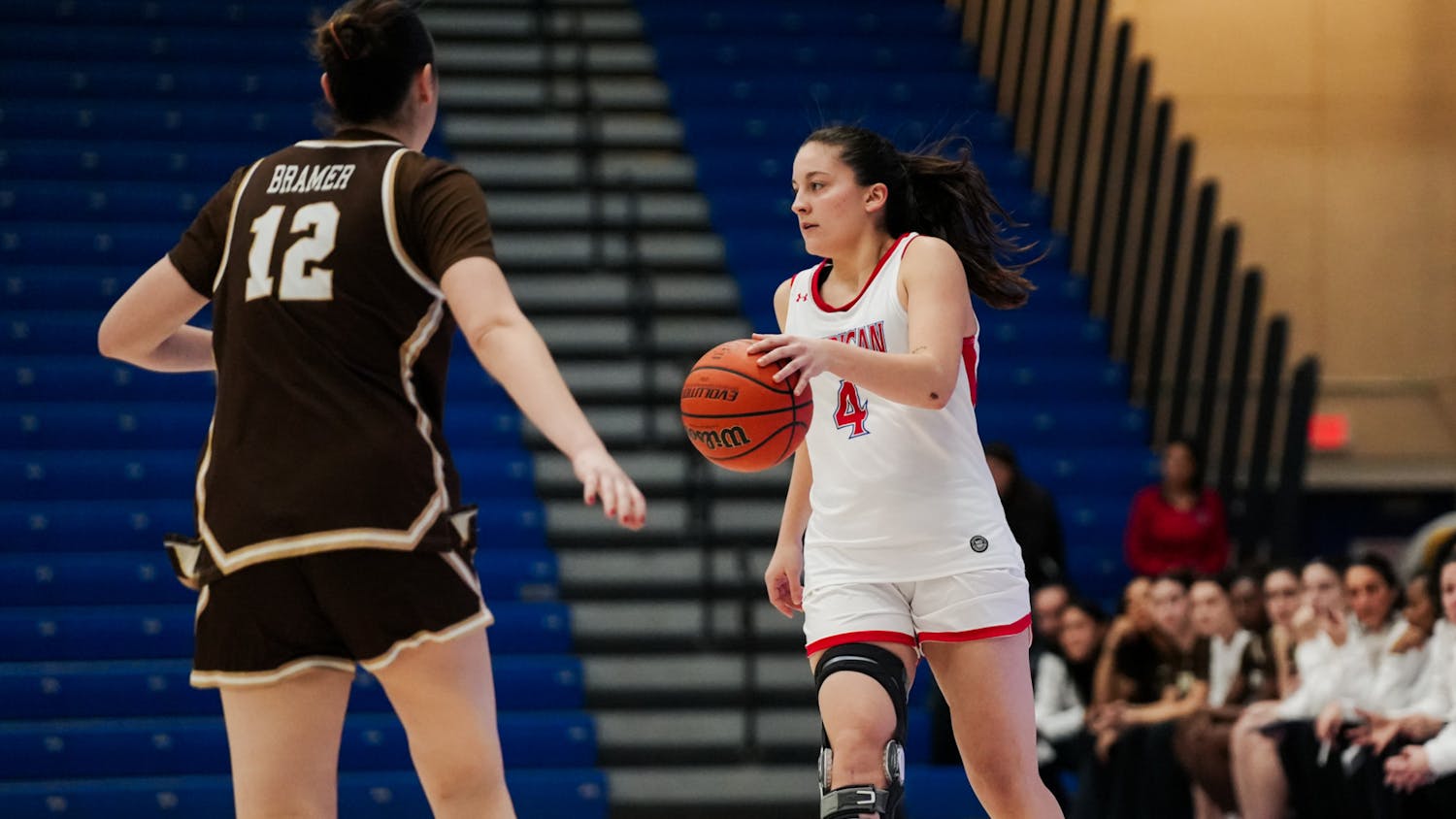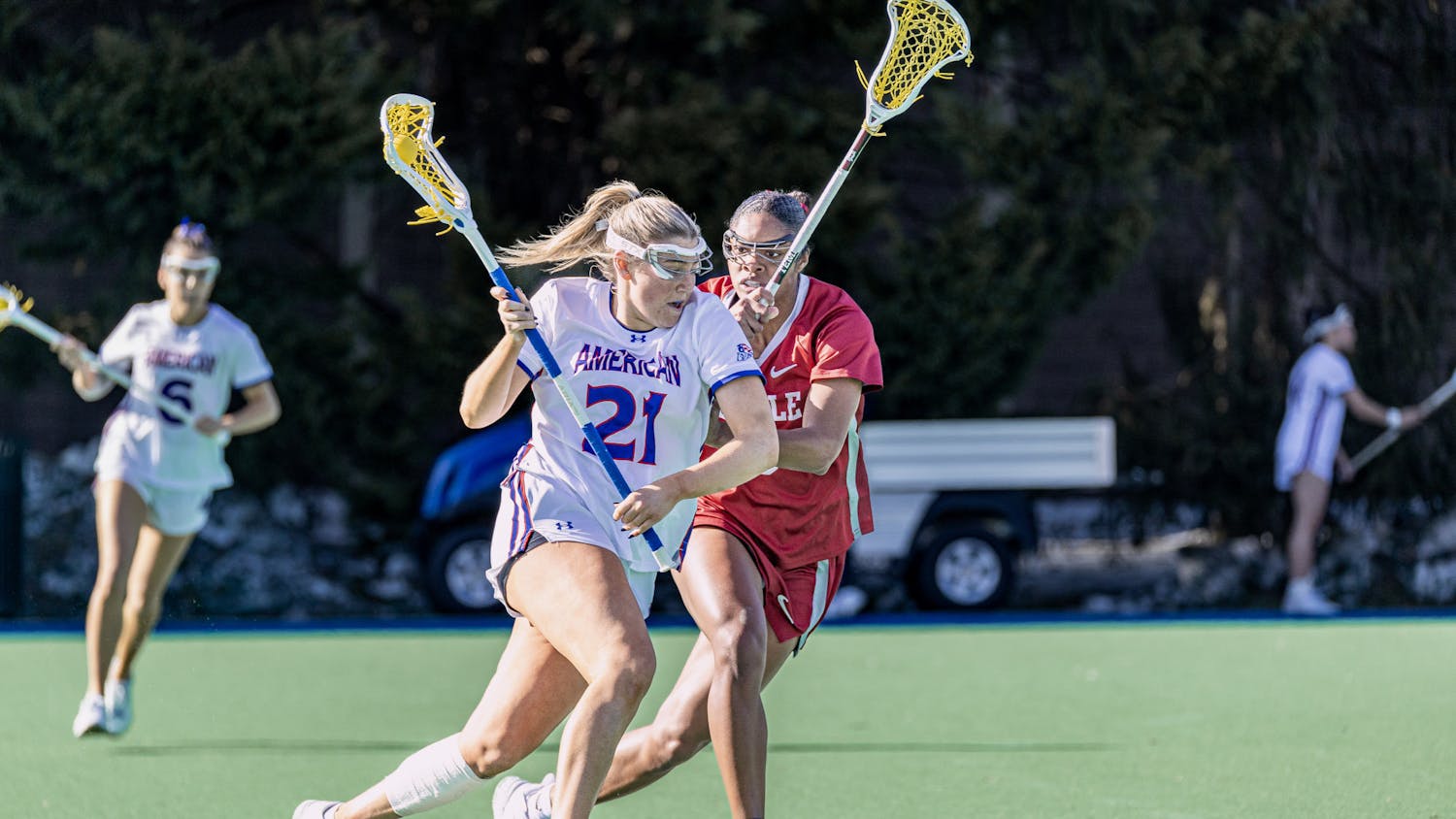On Jan. 31, AU Dining held a public meeting in the University Club attended by eight students. During the meeting, the University’s dining services shared their proposals to increase the minimum costs of meal plans for sophomores by about $2,000.
Shortly after this meeting, a wave of social media outrage brought swift backlash to the proposal. On Feb 14, AU Dining announced that they were “proposing that there be no price increase to the meal plans for 2019-2020 academic year. The proposed meal plans will keep the current pricing and meal block levels.” The email additionally stated that the University’s contract with Aramark would be reviewed “to determine if a change is warranted.”
The Eagle supports student activism and organizing in reaction to the proposed changes to the meal plan program. The Residence Hall Association town hall meeting on Feb. 11, attended by dozens of students and the AU Dining director, was well-organized and provided a student space for frustrations and feedback. We commend the University for facilitating a successful process to solicit student feedback. This was the first time, in recent history, that AU Dining offered this opportunity.
At the same time, we recognize that the University’s process for receiving feedback has left out some students, demonstrating a continued disconnect between administrators and students.
For example, students who work outside of classes to help pay for their education at AU are less likely to be able to attend the offered meetings. These are typically the students who would be most affected by the proposed changes, particularly those who identify as low-income or otherwise underrepresented.
AU Dining appears to want feedback to be given solely within an unspecified process, and students who deviate from their surveys or meetings are largely ignored and without recourse. One of the main contentions of AU Dining was that they were not receiving enough student feedback. But, it is fundamentally backward to implement meal plan changes on the basis that not enough students voiced dissent.
In addition, students have been complaining about food quality at AU for years. If at all, who has been receiving and responding to this feedback?
For example, the Muslim Student Association advocated to create a Halal station in TDR. It took students a year of advocating for themselves before dining services finally implemented the change.
Issues like these reveal a cognitive dissonance -- the desire to present AU as a progressive, forward thinking institution while being reluctant to empower students to take the lead on issues that directly affect them in the ways they find most effective.
Administrators must recognize and embrace their role as a sounding board for students. The grievances of many students are nuanced; therefore, student criticism should not be taken personally. Student opposition can range from Aramark’s history with providing poor food to prisoners to food quality at AU to individual issues of affordability in the context of rising college costs. None of these complaints are personal attacks on AU Dining administrators, but are direct expressions of frustration with how the dining system affects students.
This academic year has seen AU Dining and Auxiliary Services as a constant point of student discussion. While the University may view the student body as quick to protest, this has more to do with the overall lack of structured channels for constructive feedback and a growing sense that student concerns are not taken into account before important decisions and proposals are released by administrators.
Therefore, The Eagle encourages continued student organizing on this topic. It is important to have students, whether or not the topic affects them deeply, to be involved in the wellbeing and best interest of their peers.
However, we must note that the campus community cannot continue in a perpetual trend of demanding student-centered change, and the University eventually acquiescing. The issues facing our community are steeped in larger discourses of college affordability and food insecurity. If we hope to address these problems and change the status quo, it will require input from many people within the AU community.
Most importantly, administrators must ensure that those students who are most vulnerable and least able to participate in meetings are provided an alternative recourse for voicing their concerns and needs.
To accomplish this, systemic change must come from administrators recognizing that the path forward for AU Dining, and other administrative services, must look radically different from the past. For every price increase, there must be a corresponding measure to ensure that students experiencing food insecurity and other affordability issues will receive more resources and help to address their concerns.





